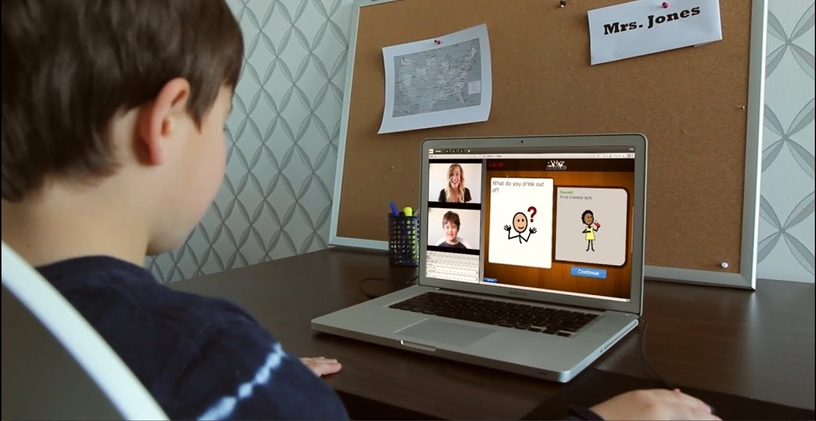About School Fobia

It is difficult to say how long the school phobia will last. Sometimes there are examples of school phobia that lasts for a very short time. After a while, the child gets used to, regains and overcomes his anxieties by perceiving this as a process that all children of his age go through, and as a situation where he is back with his mother at the end of the day. Sometimes, it may result in consequences that may cost the child’s education life and cause him to drop out of school.
It cannot be said that every child who cries in the first days of school has school phobia. The child tells his mother to stay with me and here, the real problem begins when the child does not allow her mother to leave the classroom, despite the passing of days. These children cannot stay without their mothers. In a broad definition, it is the inability of the child to leave the house and their loved ones.
The answer to the question of whether school phobia is a disease is a process that manifests itself with separation anxiety and needs to be considered, but it is a condition that includes many factors.
Some Events That Trigger School Phobia
- The birth of a new sibling
- Existence of events that will cause distress and tension in the family
- Change of teachers
- Environmental change through migration
- Presence of events that will cause distress and tension at school
- Sexual or physical abuse of the child, or a disaster
- Deterioration of friendship relations at school
- Being away from school due to any illness or vacation
- First time separation from mother (not attending nursery or kindergarten before)
Characteristics of Children with School Phobia
- Concern
- Sensitivity
- Sensuality
- Quick impact
- Overestimating the other party’s feelings
Children who experience separation anxiety usually come from families with very close and intense relationships. There are also people with other anxiety disorders in family members. Mothers who are overly devoted to their children, who do not leave him alone for a moment, who always want to be under his hand and in front of his eyes, excessively loving, watchful, anxious, anxious, anxious mothers easily make their children dependent on them.
When mothers develop an overprotective attitude towards their children, they can start their child’s dependence on being with the mother constantly while at the same time having problems with their self-confidence. Children of such mothers experience intense anxiety when separated from the mother.
Older children in their age group share the same environment, and if they are exposed to the difficulties of this age at school, they may not want to go to school. This is also possible during adolescence. In this period when the tendency to violence increases in schools, adolescents may refuse school due to adaptation problems.
Today, the biggest problem of children in modern life is friendlessness. In city life, most of the children live in the apartment and it is unlikely that they can go out and play outside. Therefore, pre-school education is no longer seen as a period when the mother throws her child away, but as an environment where the child makes friends and socializes. Children are now preparing for school by playing and learning in their preschool period. The child who does not experience this process and cannot socialize may experience phobia when he starts school.
Suggestions for Families and Educators
- Introduce the school and the teacher before the school opens to the child, and do not tell the school and the teacher in exaggerated things that are not true.
- Go out on the school shopping with your child and explain that they will be using them for a long time to help them develop a sense of ownership of the equipment you buy.
- Take your child to school on the first day of school and stay at school for a while to feel safe.
- It is very important that your child trusts you. Don’t leave him alone while he is in class or immersed in the game. This will make your job even more difficult. Your child should know when to go.
- It is necessary to make it mingle with his schoolmates. It is important to be able to bring appropriate solutions to the problems that may arise.
- It is necessary to make him feel safe at school. For this, it is important that he communicates well with his teacher and be able to explain his troubles without hesitation.
- The teacher should be friendly, affectionate and caring, give the child the opportunity to express himself and listen to him.
- Before starting school, self-care skills such as toilet training, dressing and eating should be developed. Otherwise, it will be difficult to distinguish from the mother as the dependency on the mother continues.
- It is necessary not to have excessive expectations about school success, and it would not be right to be angry and punished in case of failure.
These can cause extreme anxiety in children and hence school avoidance.
References
The reference that was used in this article’s writing was provided by Dr. Ceyhun Caferov. You can reach it from here.







